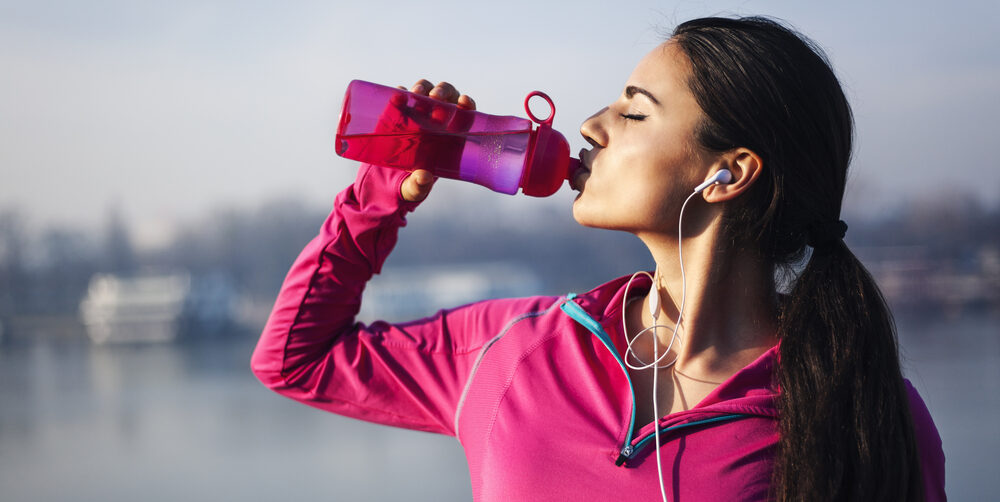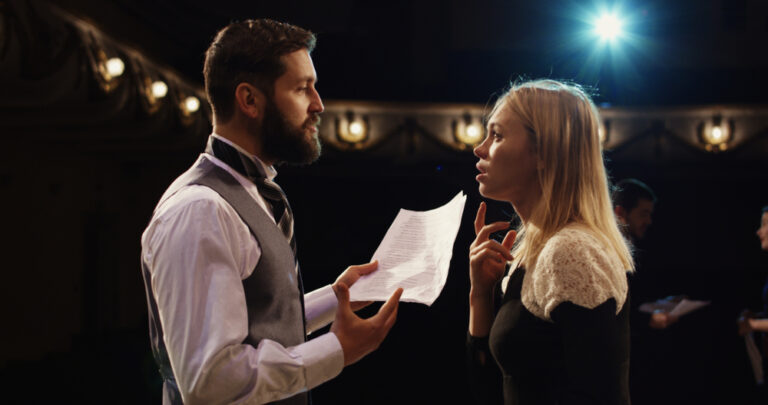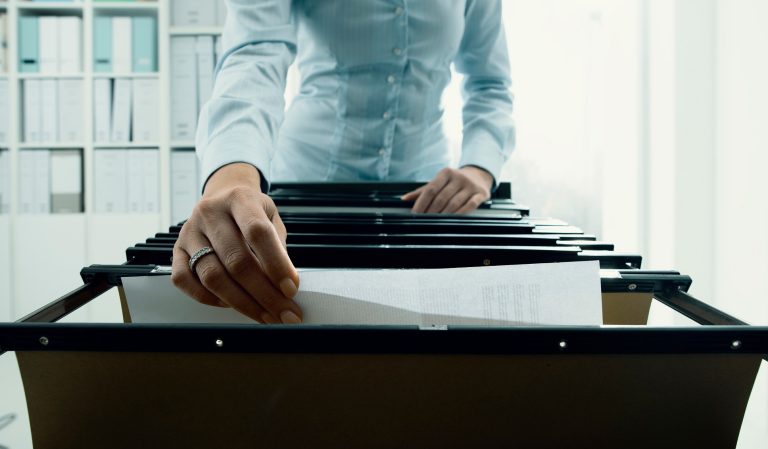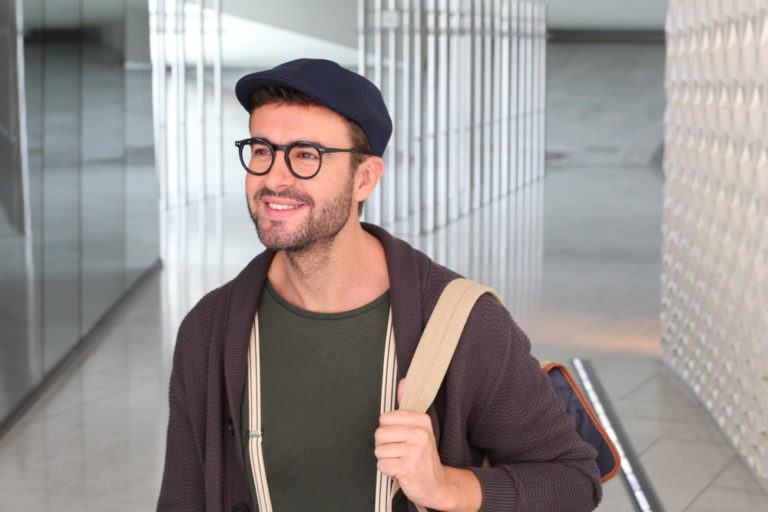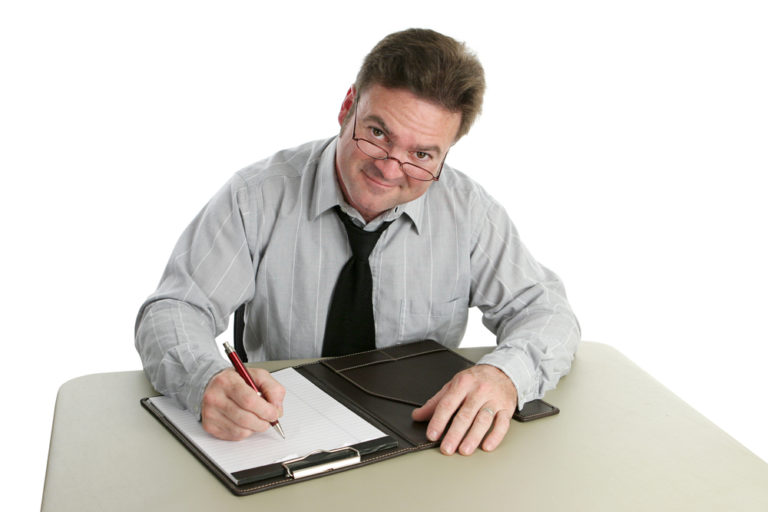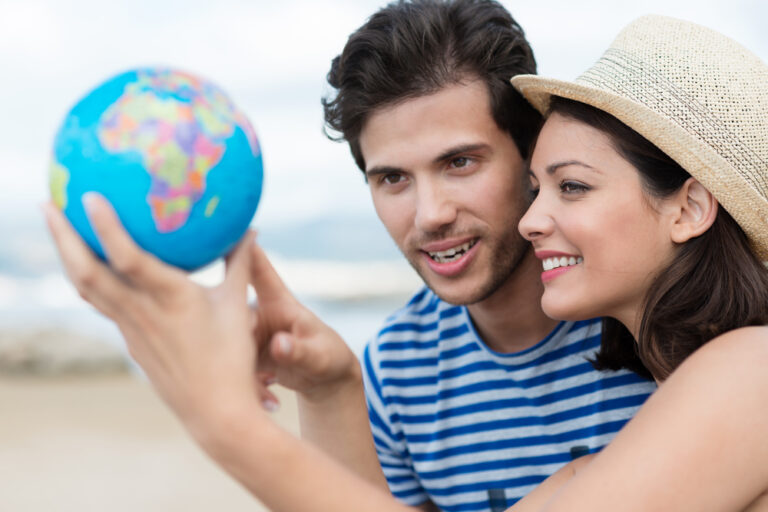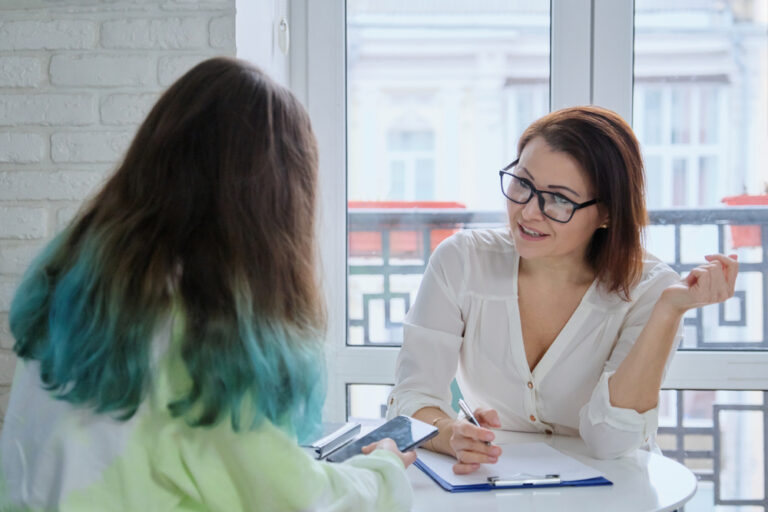Professionalism in sports involves developing skills in a certain field through extensive training. The working day is centered on the next training session and preparation for a tournament or competition. Professional athletes travel a lot, domestically and abroad, and engage in considerable communication with sponsors and others related to the sport.
In Iceland, professionalism in sports is growing and is most common in football and handball, but people also often work in sports in parallel with their own sports career. Most professional athletes are members in a particular sports club and are often in close contact with professions such as doctors, physiotherapists, masseurs and nutritionists.
